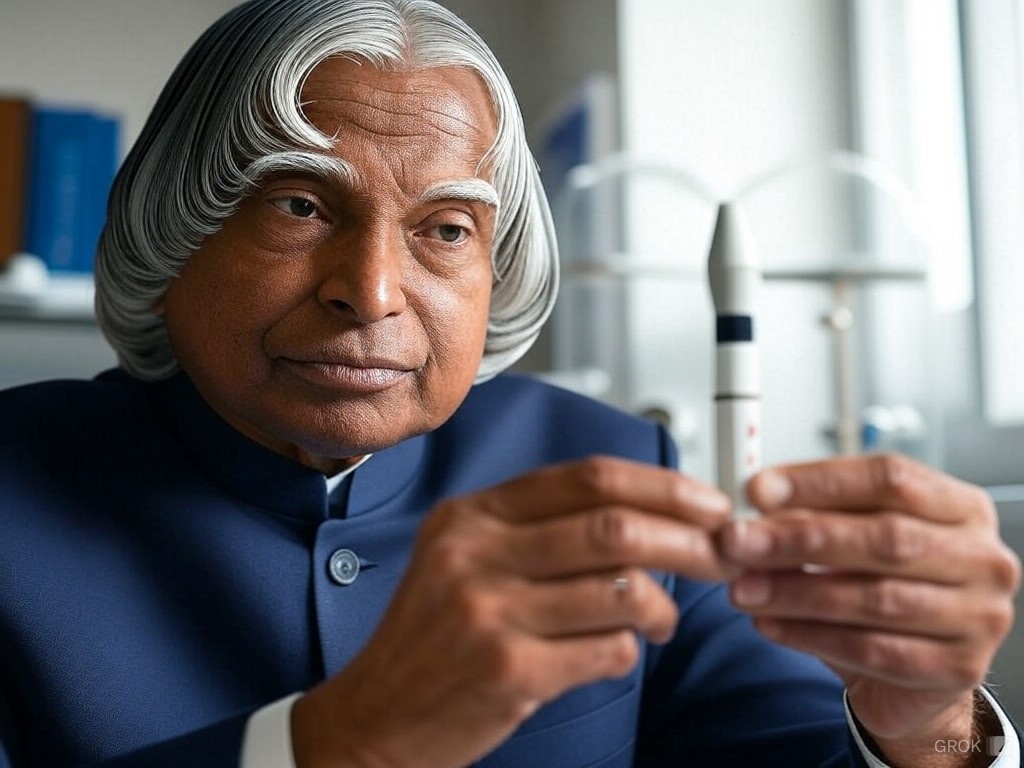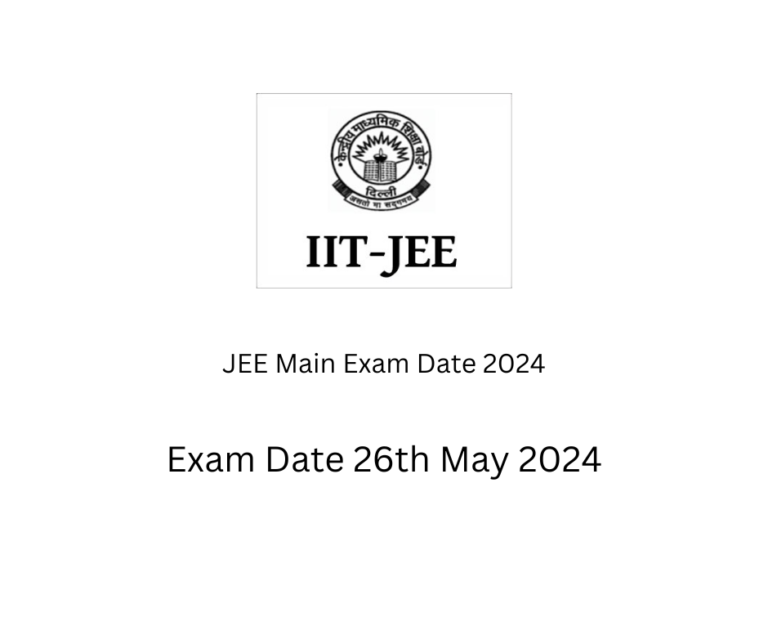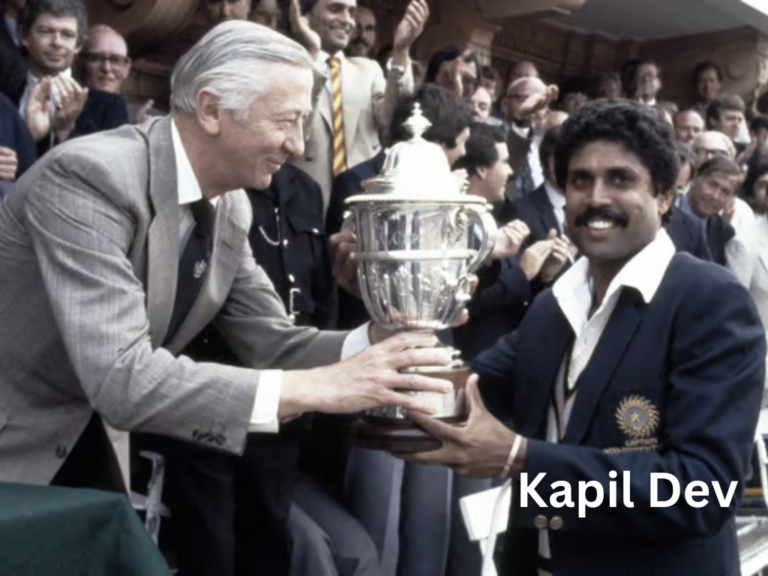
Architect
Architects are imaginative and strategic thinkers, with a plan for everything.
“Success is only meaningful and enjoyable if it feels like your own.”
– Michelle Obama
Key Characteristics:
Curious and Smart: INTJs love learning new things and always want to know more. They’re often good at solving problems and finding new ways to do things.
Independent: INTJs like to think for themselves and often prefer to work alone. They don’t need other people to tell them what to do, and they’re okay with doing things their own way.
Logical and Honest: They are really good at making decisions based on facts and logic. They don’t like small talk or pretending everything is fine if it’s not. They say what they think, even if it’s not always what people want to hear.
Focused on Goals: INTJs set big goals and work hard to achieve them. They believe in themselves and think they can do anything if they keep learning and trying.
Think Before Acting: Just like playing chess, INTJs always think about their moves carefully before making decisions. They believe that with enough planning, they can handle any challenge.
Social Challenges: Sometimes, they can come off as rude because they don’t like wasting time with unnecessary chatter. But they do want to connect with others who share their interests and values.
Strengths & Weaknesses
| Strengths | Weaknesses |
|---|---|
| Rational: Solves problems by thinking logically and deeply. | Arrogant: Sometimes too confident and dismissive of others’ opinions. |
| Informed: Bases their decisions on facts, research, and evidence. | Dismissive of Emotions: Focuses more on logic than feelings, which can lead to misunderstandings. |
| Independent: Prefers working alone and making decisions without others’ input. | Overly Critical: Can be harsh or unfairly critical when others don’t meet their high standards. |
| Determined: They are goal-oriented and work hard to achieve success. | Combative: Can get into unnecessary arguments over rules or authority. |
| Curious: Always interested in learning new things and seeking knowledge. | Socially Clueless: May struggle with social interactions or understanding emotions in relationships. |
| Original: Thinks outside the box and challenges conventional ideas. |
Career:
Early Career Challenges
People with this personality type often find early career roles frustrating, especially when they involve routine or monotonous tasks. They thrive when given creative and complex problems to solve, but may struggle with jobs that don’t offer these opportunities. Over time, however, their strategic thinking and problem-solving abilities get noticed, helping them move up the career ladder.
Work Preferences
This personality type thrives in roles that offer independence and allow them to work on their own terms. They value merit-based success and are driven by results rather than socializing or networking. They expect the same high standards from themselves and those around them.
Career Choices
They are often drawn to fields like engineering, research, technology, and science, where they can innovate and solve challenging problems. Roles such as project managers, systems engineers, analysts, and consultants are ideal for those who enjoy strategic thinking and problem-solving. They can also excel in creative fields such as architecture and video game design, where innovation and vision are key.
Workplace Habits
These individuals are driven by a desire to improve efficiency and find better ways to accomplish tasks. While they are generally highly competent and value results, they can be dismissive of colleagues who prioritize socializing or take shortcuts. They work best in environments that value innovation over tradition.
As Subordinates
This personality type tends to avoid micromanagement and prefers roles that allow them the freedom to solve problems independently. They expect respect based on merit and will be vocal when they encounter inefficiencies or mistakes. Working under a manager who doesn’t respect their need for independence can be a major challenge.
As Colleagues
Collaboration works best when they are in small, focused teams with like-minded individuals. They may find group meetings and team-building exercises to be inefficient, preferring to work alone or with a select few who share their drive. When they find colleagues who match their level of creativity and intellect, however, teamwork can be highly productive.
As Managers
Those with this personality type can make excellent leaders, thanks to their ability to think strategically and manage tasks efficiently. They prefer to guide broader company strategies rather than micromanage day-to-day tasks. They value independence in their employees and reward proactive behavior. However, they may struggle with employees who require constant guidance or lack initiative.
Path to Growth
To thrive, individuals with this personality type need to be aware of their strengths and challenges. By focusing on their unique capabilities and finding environments that appreciate their approach, they can reach their full potential and achieve career satisfaction.
Conclusion
With their strategic minds and problem-solving abilities, people with this personality type are well-equipped to tackle complex challenges. While their need for independence and high standards can be misinterpreted, embracing these traits allows them to find success and fulfillment in their careers.







